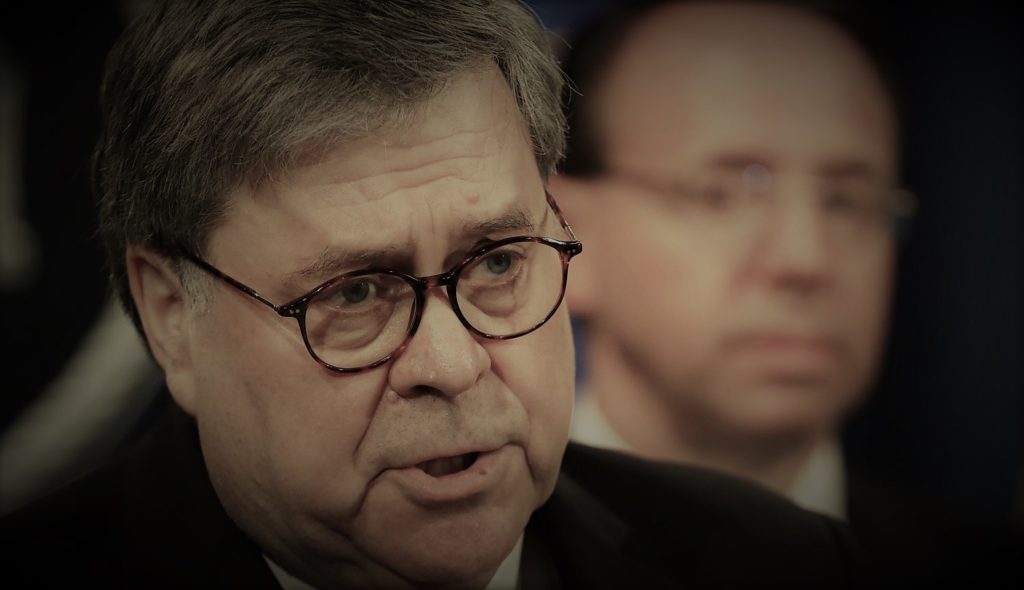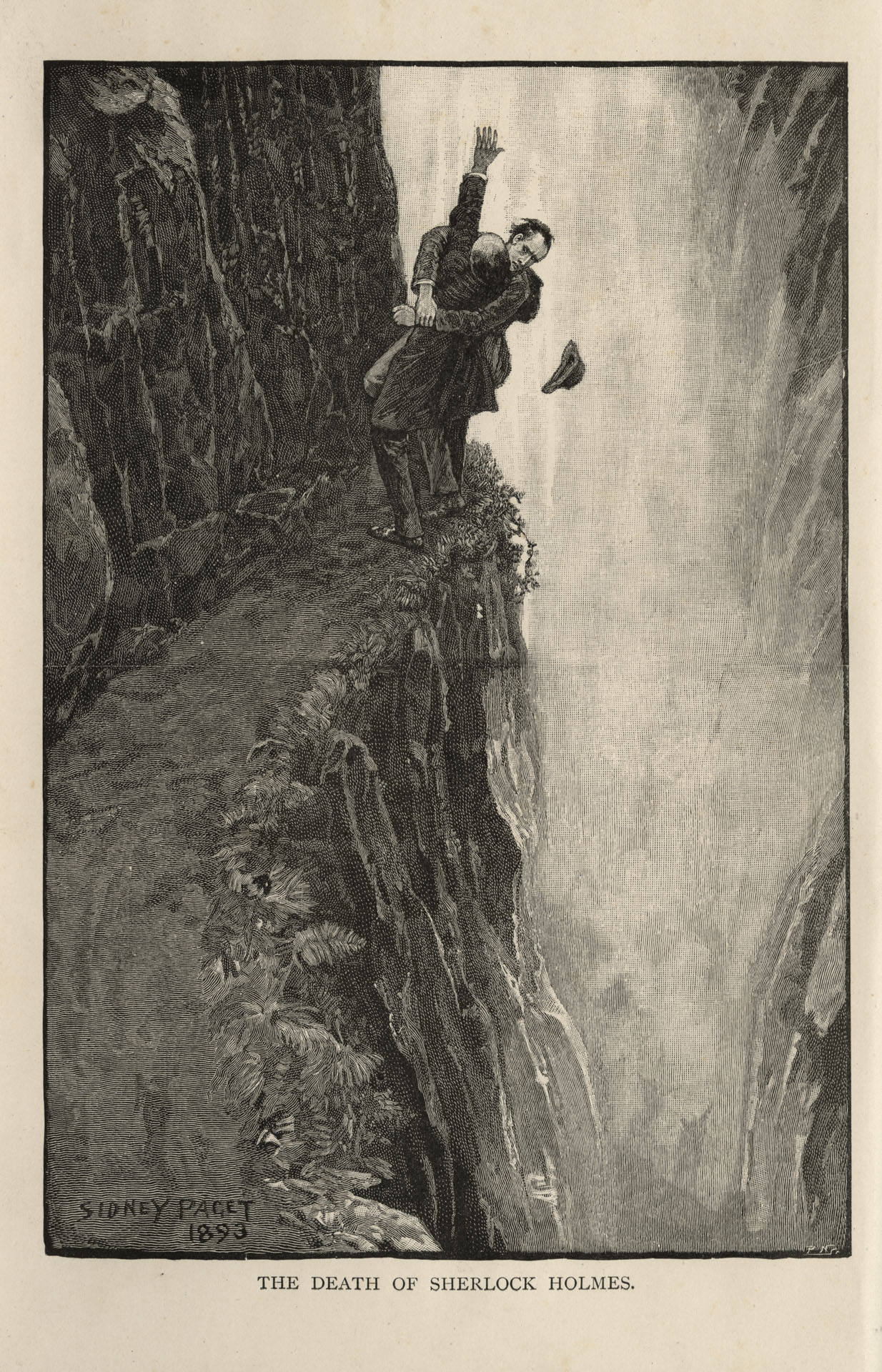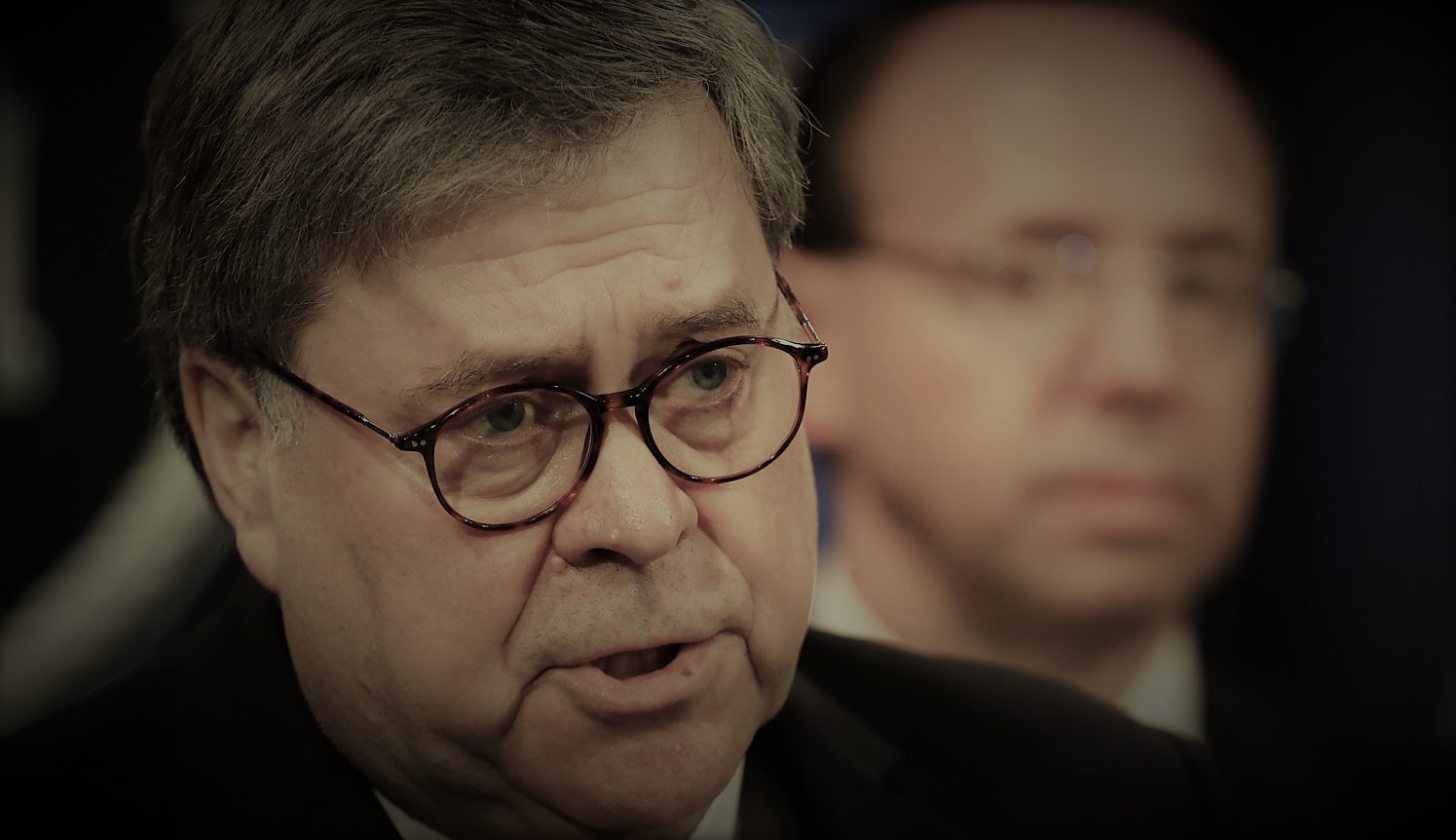“Ethics is knowing the difference between what you have right to do and what is right to do.” – U.S. Supreme Court Justice Potter Stewart

When Attorney General William Barr issued a four-page summary of Special Counsel Robert Mueller’s report, the first thought I had was, “why not just release the report and let Congress and the public read it for themselves?” That’s what Independent Counsel Ken Starr did with his Whitewater investigation. Starr’s successor, Robert Ray, did the same with the “Final Report of the Independent Counsel Regarding Monica Lewinsky and Others.”
When the Department of Justice stated that Barr was going to hold a press conference to discuss the report before the report was officially released, again, I wondered, “Why?”
Now we know why.
Barr consistently believes in broad powers for the office of the presidency: that the President can legally fire pretty much anyone he wants even when one of those individuals is involved in an investigation of the Administration itself, regardless of two co-equal branches of government, most notably the Legislative branch which is specifically charged with oversight.
But let’s go back to June 8, 2018 when Barr submitted an unsolicited, 19-page memo to Deputy Attorney General Rod Rosenstein regarding “Mueller’s ‘Obstruction’ Theory.” Absent any facts from Mueller’s investigation as well as specifics as to what Mueller’s team was considering, Barr unequivocally states that “Mueller’s obstruction theory is fatally misconceived.” (One wonders how Barr knew any of Mueller’s legal considerations at all.)
The American Civil Liberties Union wrote at the time (Jan. 11, 2019), “The fact that Barr sent Trump this memo, and may have subsequently been rewarded with a nomination to join Trump’s cabinet, raises serious concerns. To start, the memo’s legal theories advance an overly expansive view of presidential power. More specifically, the memo prompts questions about whether Barr would order Mueller to halt further inquiry into possible obstruction by the president if the Senate confirms him. It even raises questions about whether Barr deliberately sought to curry favor with Trump by taking a position favorable to him in order to secure a top government position.”
Guess who gets nominated and voted by a Republican majority in the Senate to be the next attorney general, and who ultimately makes the decision on obstruction?
William Pelham Barr.
On the issue of obstruction, Barr writes in his 4-page summary, “The Special Counsel therefore did not draw a conclusion – one way or the other – as to whether the examined conduct constituted obstruction. Instead, for each of the relevant actions investigated, the report sets out evidence on both sides of the question and leaves unresolved what the Special Counsel views as ‘difficult issues’ of law and fact concerning whether the President’s actions and intent could be viewed as obstruction.
“After reviewing the Special Counsel’s final report on these issues,” Barr continues, “consulting with Department officials, including the Office of Legal Counsel; and applying the principles of federal prosecution that guide our charging decisions, Deputy Attorney General Rod Rosenstein and I have concluded [emphasis added] that the evidence developed during the Special Counsel’s investigation is not sufficient to establish that the President committed an obstruction-of-justice offense.”
At his April 18th press conference, Barr indirectly defends his decision-making in answering a question about Congress’s role: “…special counsel Mueller did not indicate that his purpose was to leave the decision to Congress.”
Barr is mistaken. As the Mueller report makes clear:
“The conclusion that Congress may apply obstruction laws to the President’s corrupt exercise of the powers of office accords with our constitutional system of checks and balances and the principle that no person is above the law.”
Returning to Barr’s summary, “In cataloguing the President’s actions, many of which took place in public view, the report identifies no actions that, in our judgment, constitute obstructive conduct, had a nexus to a pending or contemplated proceeding, and were done with corrupt intent…”
Remember that last sentence: “…the President’s actions [were not] done with corrupt intent…” (I will revisit this when I discuss the report, itself.)
For an attorney general who liberally uses the words “precedent” and “department policy,” in describing his and the department’s actions, Barr’s behavior appears questionable when he himself takes the unprecedented step to release his own summary, and hold a press conference about the Mueller report before the report is released to the public or Congress.
Again, why not let the report speak for itself?
At the beginning of the press conference, Barr said, “These reports are not supposed to be made public.”
That’s not correct.
According to several conversations I had with Jo Ann Harris, the special counsel assigned to investigate the Lewinsky/Ritz-Carlton meeting during the Starr investigation, she made clear to me that when there is strong public interest, you can release the report to the public. This is also backed-up by a story on PBS.
Barr also said during his confirmation hearing that he would be as transparent as possible, “consistent with regulations and the law.”
“Earlier this week,” Barr added, “the president’s personal counsel requested and were given the opportunity to read a final version of the redacted report before it was publicly released. That request was consistent with the practice followed under the Ethics in Government Act, which permitted individuals named in a report prepared by an independent counsel the opportunity to read the report before publication.”
That statement lines up with what Harris told me regarding the Office of Independent Counsel’s report with individuals involved in the Whitewater and Lewinsky scandals. However, when Clinton’s legal team asked to see a copy before publication, Starr denied the request, which seems wholly out of line with the rules regarding pre-publication. Unfortunately, I never had an opportunity to ask that question of Harris before she died.
“Current regulations,” PBS writes, “governing Mueller’s work don’t specify how confidential information should be shared with the White House.”
Earlier this month, during an Appropriations subcommittee, the country’s highest law enforcement officer, without offering a shred of evidence, said “I think spying did occur [on the Trump campaign]. Later in the meeting, Barr backed up to clarify, “I am not saying that improper surveillance occurred. I’m saying that I am concerned about it and looking into it. That’s all.”
In the end, while Barr may have a legal right to offer his summary, and hold a press conference, the fact that he understates the conclusions made by Mueller and claims that his decision prevails regarding obstruction rather than Congress’s, indicates that he has neglected his responsibility to the American public he is supposed to represent.
Adopting Justice Potter Stewart’s reasoning, Barr’s actions may have been legal but they were far from ethical.
Comments
Leave a Comment











Oh my, good thing we have you to write about ethics–it still is important.